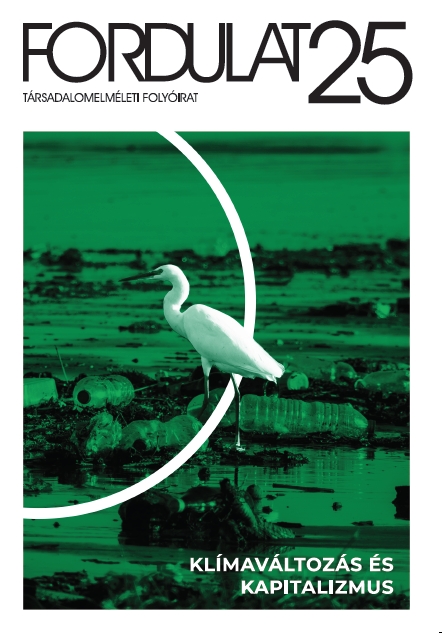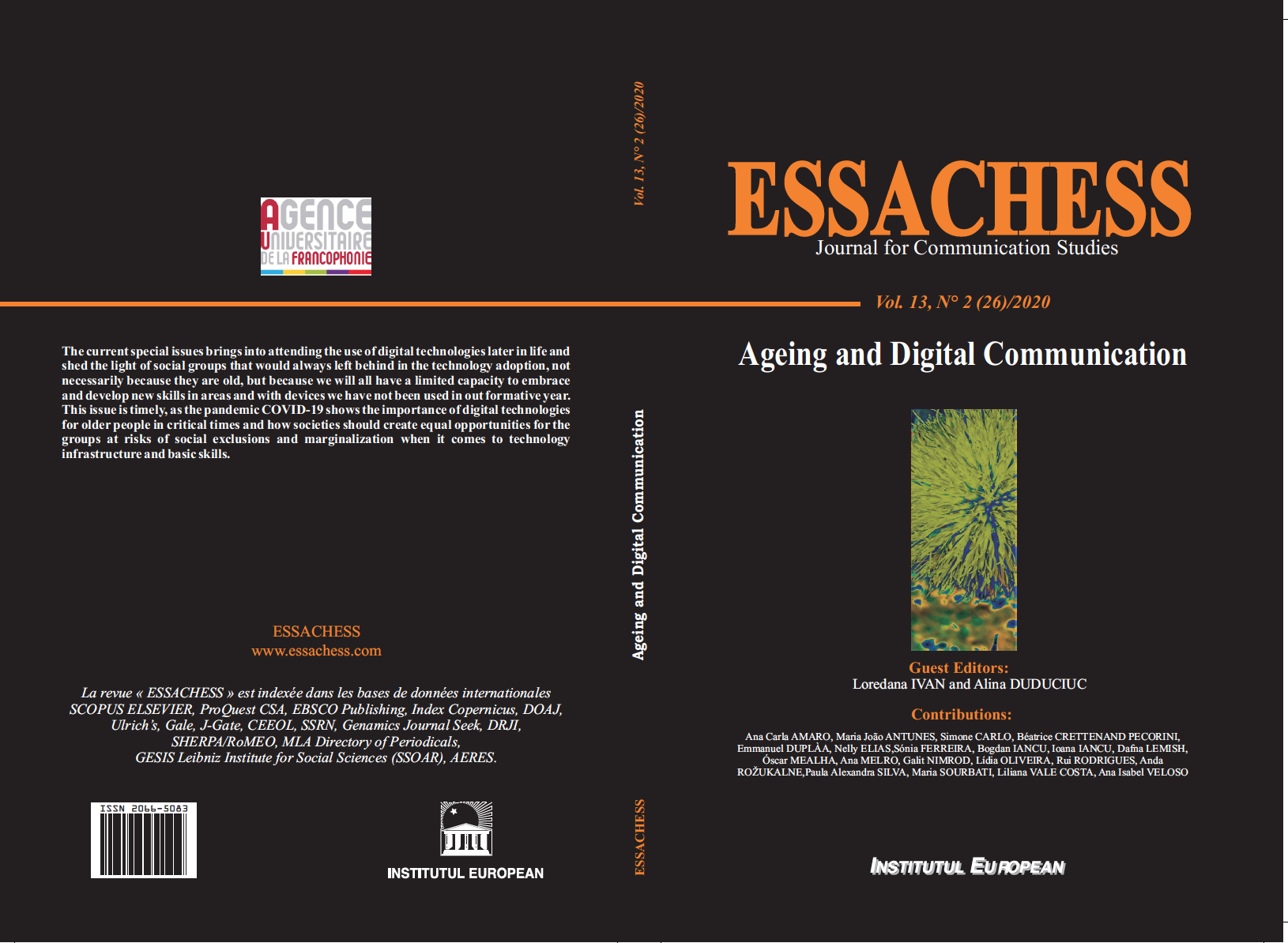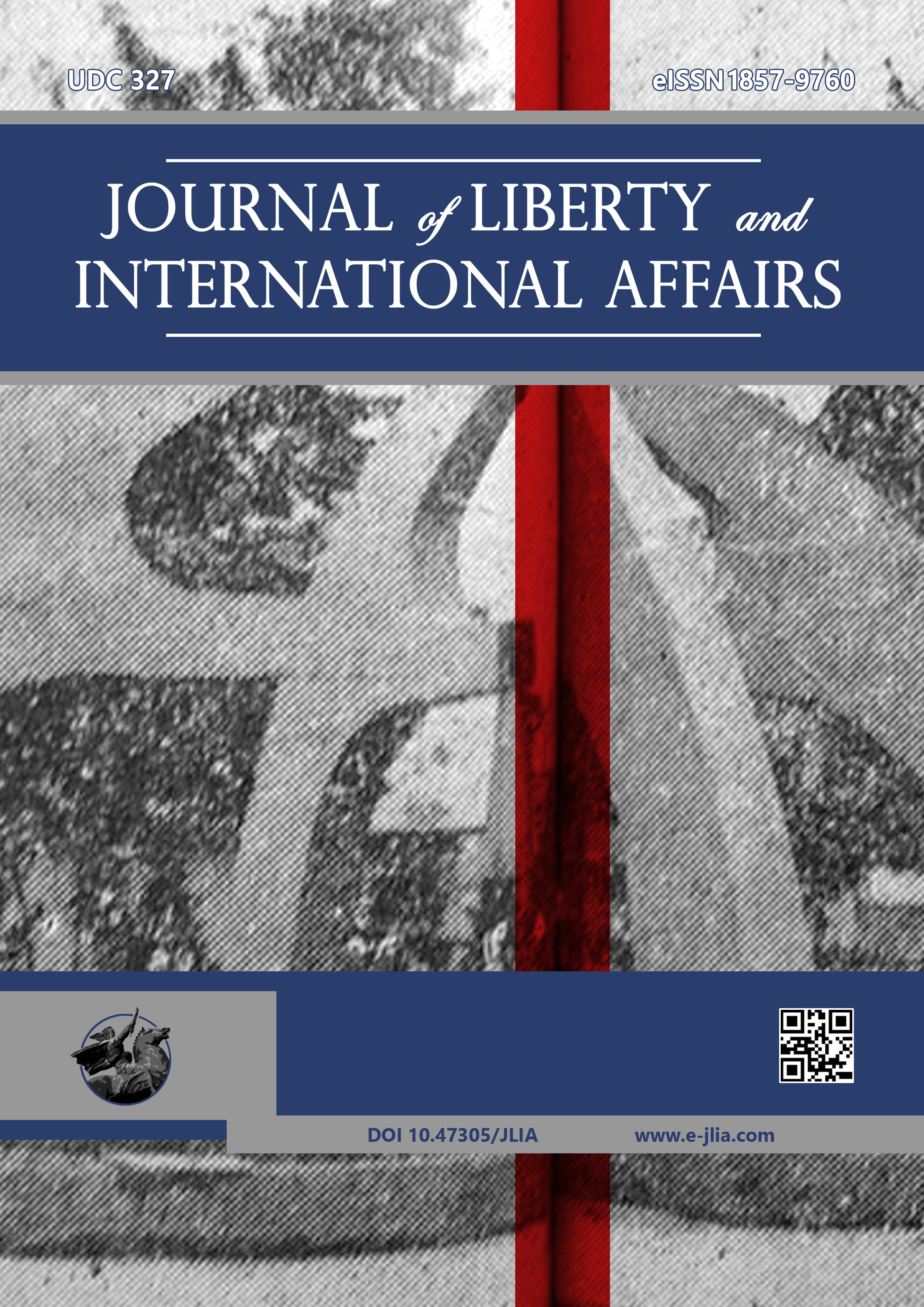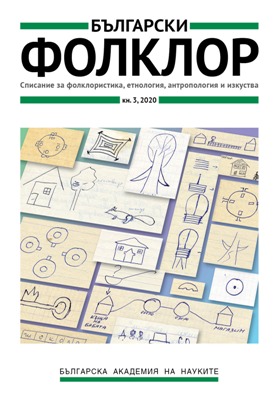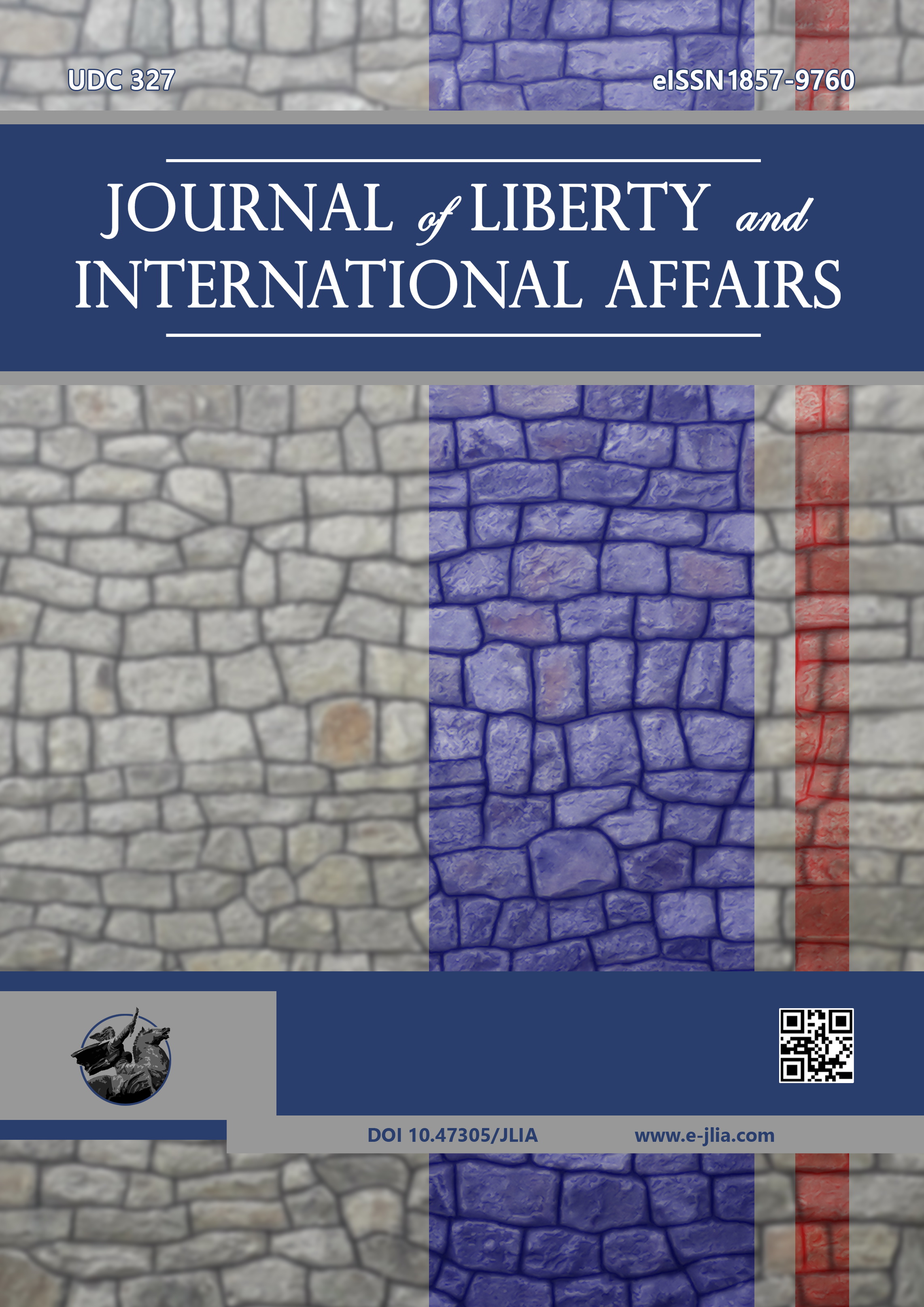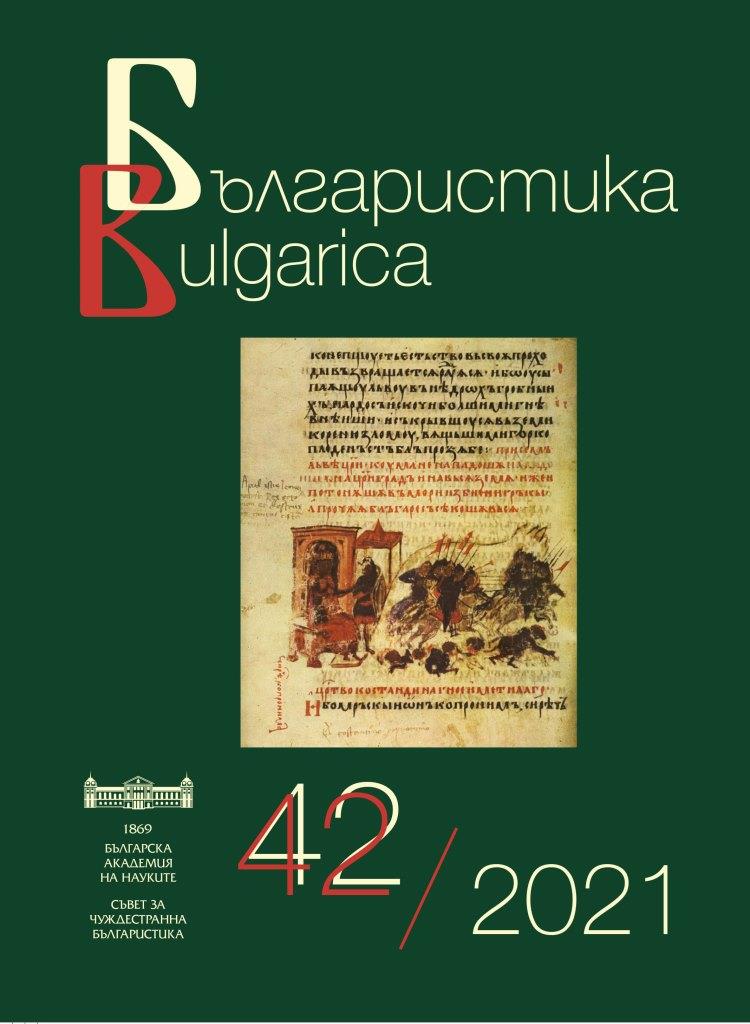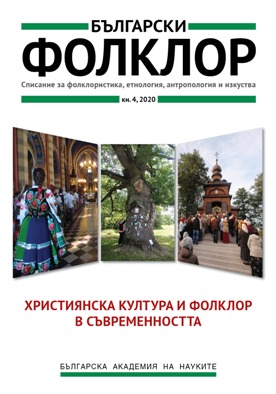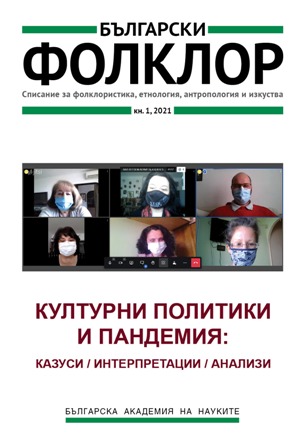Author(s): Valentin Voskresenski / Language(s): Bulgarian
Issue: 4/2020
The article presents religious practices and politics of memory, related to the cult of the “new martyrs” (“martyrs of totalitarianism”) in the Catholic Church in Bulgaria after 1989. The paper is based on terminological apparatus and methodology in the field of anthropology of memory and anthropology of religion, and describes the procedures of beatification of Blessed Eugene Bossilkov (beat. 1998) and bishops Fr. Kamen Vichev, Fr. Pavel Dzhidzov, Fr. Iosafat Shishkov (beat. 2002), Fr. Fortunat Bakalski, Fr. Rafael Peev, and others. The objective of this study is to elucidate major moments related to the institutionalisation of the cult, the processes of construction of sacredness, the creation of new religious practices, the commemoration practices, and the places of memory. The study explores the elements of the veneration of the “new martyrs” in Bulgaria, the connection between cult and history, and the issues of memory and the policies of memory as a form of heritage. The observations and the examples are obtained through field research and interviews conducted in several settlements in the Diocese of Sofia and Plovdiv and the Diocese of Nicopolis (primarily the towns of Plovdiv, Rakovski, Ruse, and Belene, the village of Oresh, and the city of Sofia). Relics, testimonies of martyrdom, stories of miracles, hagiographical and iconographical innovations, commemorational festivities, places of memory, related to the “new martyrs” – all of these are analysed through the prism of processes of invention of cultural-historical heritage, renovation of confessional identities, and creation of reworking models of traumatic memory in the period of socialism. The article looks for answers to the following questions: What is the character of the totalitarian martyrology in Bulgaria? How are the confessional consciousness of the Catholic communities and the character of their religious culture being transformed through the religious cults of the “new martyrs”?
More...
